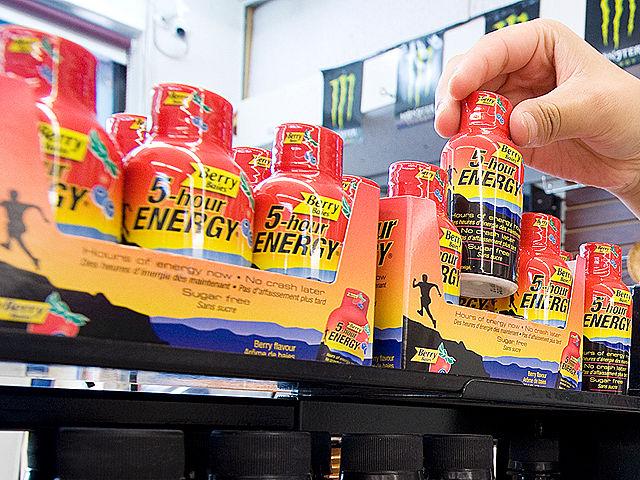The famous ‘5-Hour Energy’ energy drink made its creator, Manoj Bhargava, a billionaire right away. However, recently it has come under a lot of scrutiny as the Food and Drug Administration (FDA) received claims that it may have led to almost 13 deaths and 33 hospitalizations. The drink was criticized for containing high amounts of caffeine and according to some experts drinking multiple cans can equal drinking 30-40 cups of coffee.
Such harmful business activities give negative externalities wherein the third party (the people who are not involved in the actions) tend to be the sufferers, here the consumers. This incident highlights the need for firms and businesses to realize that they have a social responsibility towards the society. After all, it was the loyal consumers in the society that helped such businesses to be successful. In such a case it almost becomes a duty of firms to meet ethical standards in order to protect their stakeholders. Today businesses don’t exist merely for making a profit but also in order to aid the society by providing jobs, sponsoring research and development and promoting economic growth. Thus companies can no longer remain aloof of the harmful effects their business activities can cause to the society and the environment.
What is more surprising is the fact that although there are numerous checks and regulations ensuring that businesses understand their social responsibility. However such cases continue to take place. Perhaps more than law binding rules, what we require are efforts that change business attitudes so that businesses voluntarily strive to give back to the society- in a mindful way!
http://abcnews.go.com/Health/hour-energy-drinks-cited-13-deaths/story?id=17725137#.UKXeJIa4TGo



